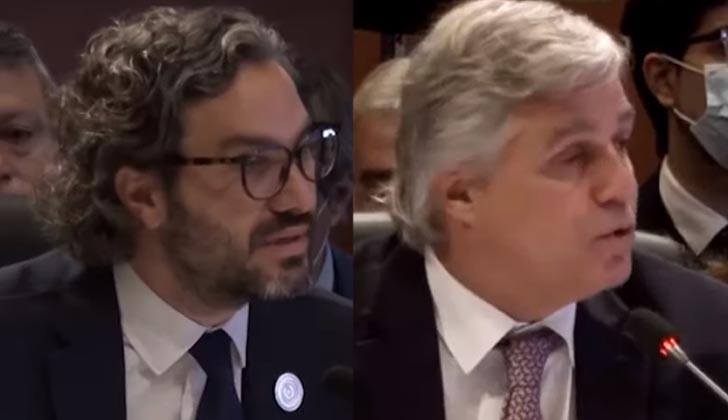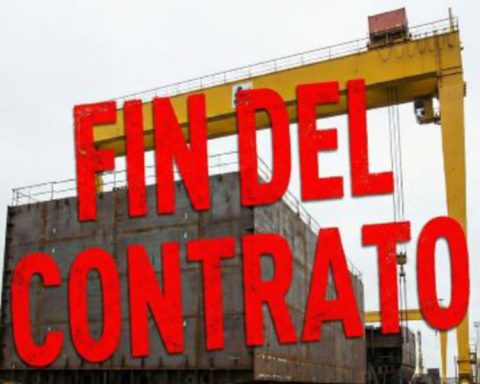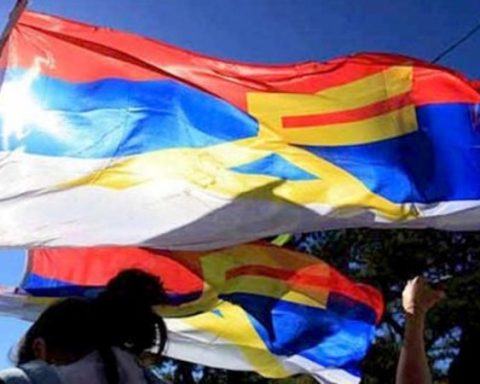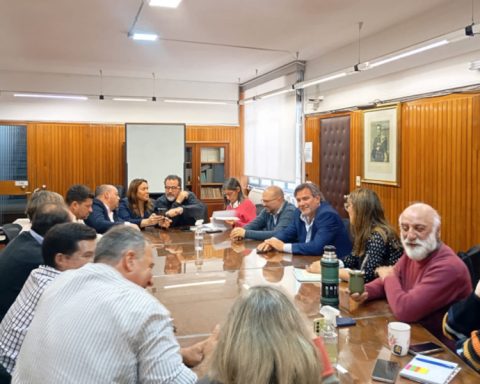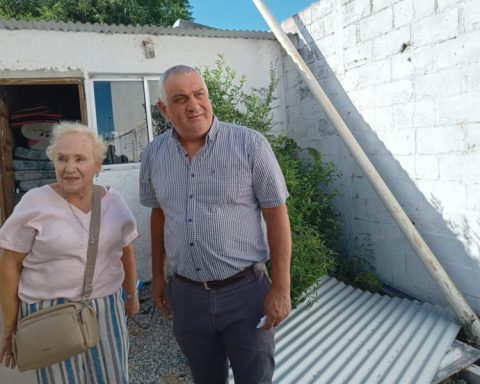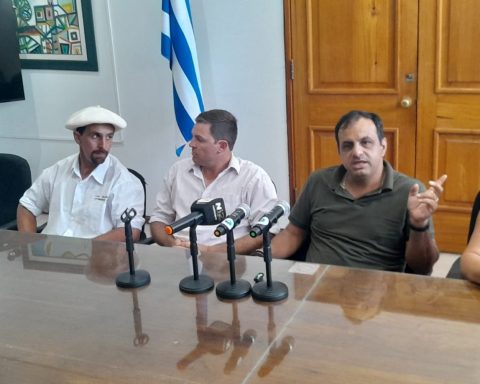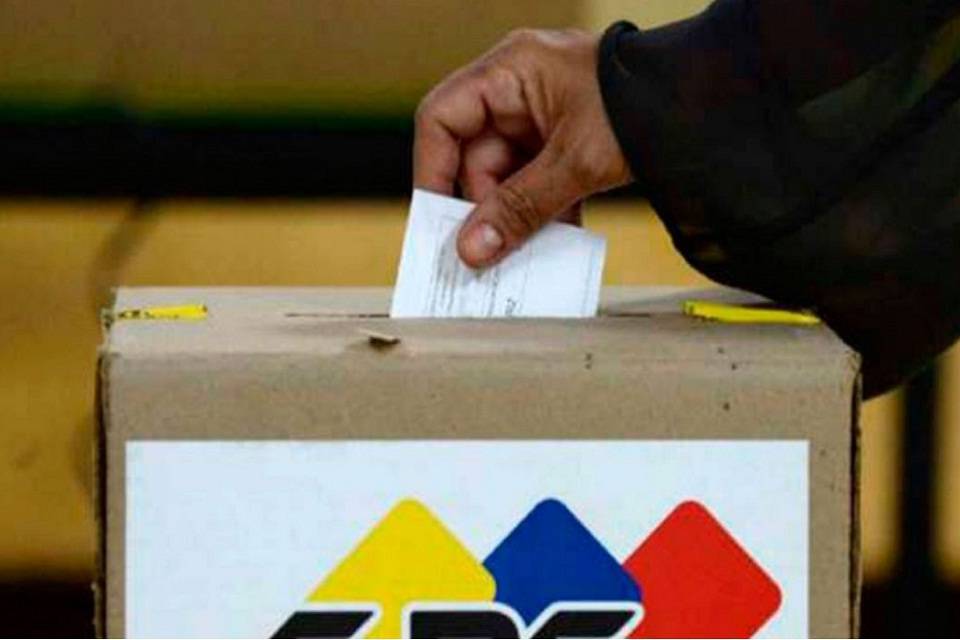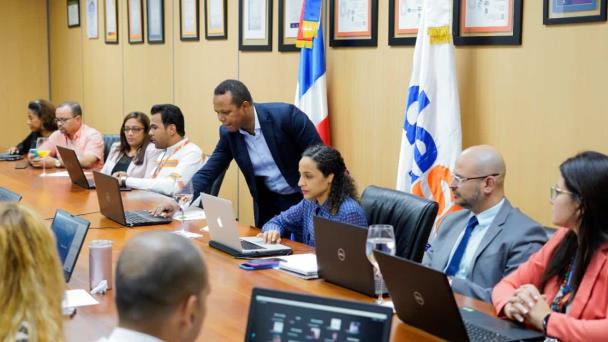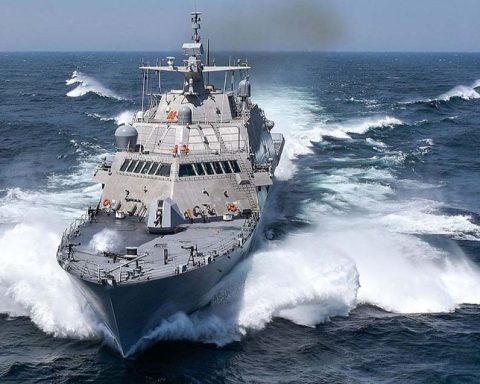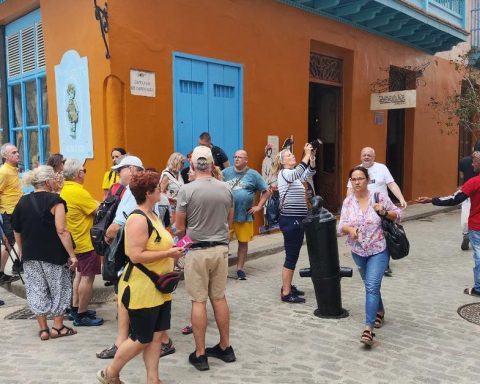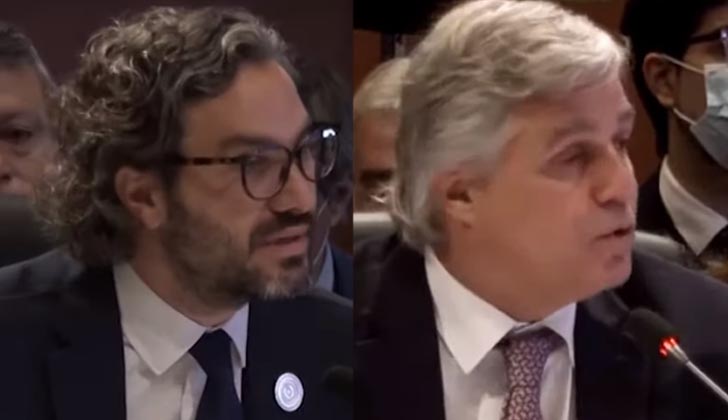
This Wednesday, July 20, the session of MERCOSUR States was held, chaired by the Minister of Foreign Affairs of Paraguay, Julio César Arriola, in which the chancellors and ministers of Economy of the bloc participated.
It was an instance prior to the Summit of presidents of the bloc, which will take place this Thursday 21.
The central theme of the meeting was based on the start of negotiations between Uruguay and China, with the aim of culminating in the signing of an FTA.
After the opening report of the session, by the Paraguayan Secretary of State, Julio Cesar Arriola, the Foreign Minister of Argentina, Santiago Cafiero, took the floor, defending the MERCOSUR consensus rule that governs the decisions of the regional bloc.
Cafiero said that the changing and challenging international situation cannot be resolved without MERCOSUR.
“Argentina believes that we are and will always be better off with MERCOSUR, with each one of you, with the people, the companies, the workers, the societies of this region of South America. The greatest possible state of integration on a planet that is not only regionalized but also fragmented with downward growth projections from all international organizations and with serious problems of inequality, including famine,” he lamented.
He questioned: “Can anyone imagine, with their hearts in their hands, that they will live better without their neighbors and their brothers? Are there serious studies that show the advantage of going it alone over the golden rule of consensus on which the bloc is based?
Cafiero clarified that he was not only referring to the convenience of a relationship with third countries, but also to the “harm of any rupture that the consensus may bring about on the daily fate of the peoples connected by cultural, social, commercial, tourist, financial and financial ties.” productive”.
The Argentine foreign minister asked that Argentina’s position be taken as a State policy, and that the relative position in the world is better with its membership of MERCOSUR.
“We would be weaker without MERCOSUR. Some use the term ‘modernize,'” Cafiero said, clearly alluding to Uruguay’s position, but he clarified that modernizing for Argentina “does not imply breaking up the bloc and making unilateral decisions, but rather assuming the responsibility of transforming and deepening the process of integration”.
He added that modernizing is working with new tools inside and not outside the integration process.
seriousness and conviction
In his turn, the Uruguayan foreign minister, Francisco Bustillo, referred to the need to work in a “modernizing and realistic” sense, with a broad vision to carry out levels of pragmatism and be able to explore alternatives in the internal and external spheres of MERCOSUR.
The Secretary of State recalled that Uruguay tried, at least five times, to give a new impetus to the bloc through programs and processes.
“Uruguay states that for 31 years we have been in a permanent transition towards the common market,” he said.
Bustillo explained that Uruguay “cannot assume the cost of a high common external tariff in the world, unless real benefits are obtained in two vital issues: consolidated and unrestricted access to the expanded market and greater interference in negotiations with third States. ”.
The Secretary of State stated that the regional bloc “cannot add insecurities, but must affirm certainties that translate into trust between commercial operators. We must advance in a realistic and pragmatic integration process”.
He stressed that the Uruguayan State considers “the openness and modernization of the bloc in terms of foreign relations cannot be postponed, in order to achieve a better insertion of its parts.”
He celebrated the culmination of the negotiations between MERCOSUR and Singapore to establish a next-generation Free Trade Agreement, and said that this is “a clear sign that MERCOSUR must decisively promote its external agenda, and thus improve its access to markets foreign”.
At the same time, Bustillo said that the regional bloc must “consolidate an ambitious foreign agenda, which allows negotiating agreements with relevant players in international trade.”
He pointed out that “Uruguay maintains the power to negotiate trade agreements with third countries or extra-zone blocs and maintains a firm commitment to the regional integration process.”
In this context, he stressed that Uruguay “maintains, in a framework of absolute seriousness and conviction, exchanges with the People’s Republic of China, with a view to reaching a free trade agreement.”
He highlighted the “transparency” since, from the beginning, all the founding partners knew what Uruguay’s intention was.
“We will continue to promote this frank dialogue with all of you, be it with this negotiation with China, as well as with other countries,” he said.
